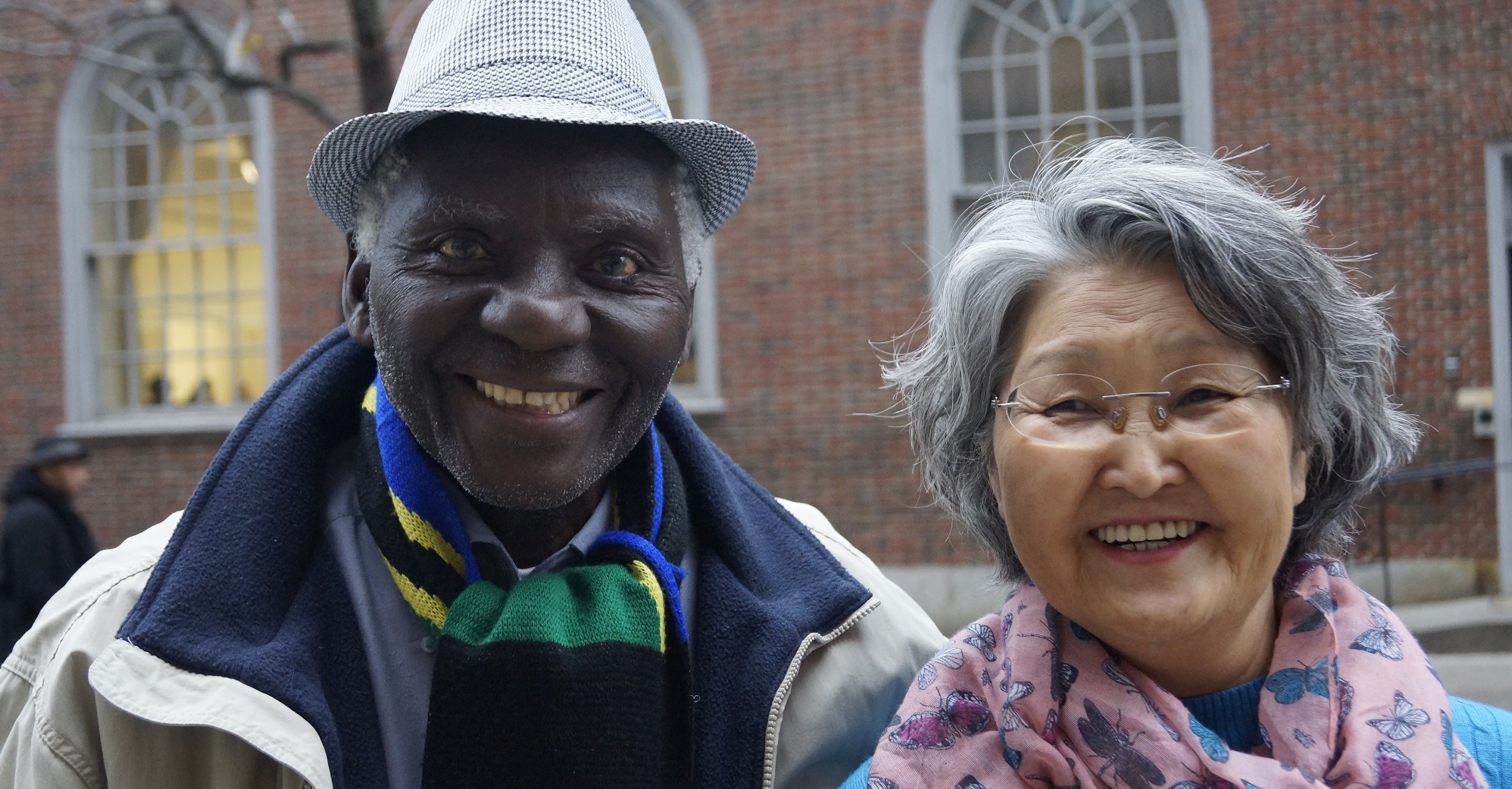
This week I am in New York attending the seventh UN Open-ended Working Group on Ageing (OEWG) taking place from 12-15 December. The OEWG is the only UN process that is focused on the rights of older people. I am representing my organisation from Mongolia, the Centre for Human Rights and Development.
I am honoured to be participating in this meeting on behalf of older people in Mongolia. I will be speaking about the ageism that older people face in my country, and how we have been involved in campaigning for a convention to protect our rights.
How does ageism manifest in Mongolia?
Ageism is a hidden problem and is so widespread that often as older people we don’t see it ourselves. It takes place at all levels in society – in our homes, in our communities and in our institutions.
We are laughed at if we want to learn new skills or attend a course. W are seen as being too old and people question why we need to continue to educate ourselves at our age. When we ask banks for credit cards or loans, our applications are denied because of our age. Employers pressure us into retiring before we are ready – they do not let us make the decision ourselves. All of these examples of discrimination stem from the ageism within our society. It is everywhere and something must be done to tackle it.
National laws in Mongolia do exist to protect the rights of older people, but they are poorly enforced. An internationally-binding convention would ultimately be more effective at keeping our lives free from ageism and age discrimination.
Campaigning for a UN convention on ageing in Mongolia
I joined HelpAge International’s Age Demands Action movement over a year ago, and since then have been campaigning for a UN convention on ageing.
Over the past few months in the lead up to the OEWG, we have increased our lobbying efforts. One of our tactics has been to bring older people, government representatives and the National Human Rights Commission together to discuss older people’s rights.
It has been good to bring these groups together and give older people the opportunity to talk about how they specifically feel they are being denied their rights, and the ways in which a convention could protect them. This is just the start. Our campaigning efforts are vital to achieving this crucial end goal.
If we are to succeed, we must share our knowledge and build alliances across the wider rights movement so that we are stronger together. I have been involved in the women’s rights movement for the past 20 years, for example, and we must reach out to these groups to explore how we can support one another’s causes.
Our ultimate goal
I’m very excited to be participating in this year’s OEWG – to be able to speak on behalf of older people in Mongolia and to let member states know why we need a new convention.
Mongolia has never attended the OEWG and I hope this year that will change. We’ve been asking the representatives from our country to develop their own clear position on a convention and hopefully we will see the impact of our campaigning.
Whatever the outcomes are at the end of this year’s OEWG, we know that we still have a lot more work to do. Ultimately we want our own convention. Other groups, such as women and children, have legislation that protect their rights. We want to be able to say we have a convention that protects our rights too.
Find out more about how we are working towards a UN convention on older people’s rights.
